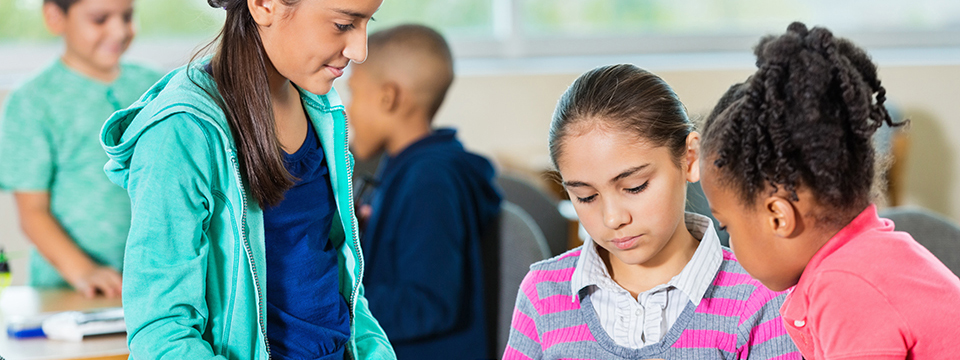Stressed out Teens: Create resiliency through Mindfulness
Wednesday, January 18, 2017
I recently heard research indicating that teens are the most stressed individuals in America, according to a 2014 American Psychological Association survey. The drive to get good grades, gain acceptance into elite colleges, combined with participation in extracurricular activities and the hours of homework mix together to make teenagers the most stressed group of people when school is in session. Students are craving ways to handle and cope with their stress in healthy and nondestructive ways.
Recently, I worked with a number of teens on their stresses through mindfulness sessions. We discussed what is causing stress which in itself was helpful but then we worked with glitter jars to help them envision what happens to their minds when they practice mindfulness. Just through using mindfulness and self compassion, these teens are getting more perspective and space around their issues and are a little less stressed.
A helpful way of framing stress that I offered is to be aware of the difference between what we can and cannot control. Some of the stressors for teens are studying and doing well in school, friendship and social life issues, and then taking care of themselves in terms of sleeping, eating good food, exercise, and dealing with their emotions. They deal with the stress of being liked and accepted, lack of sleep and difficulty managing time given all that they are involved in, and any other stressors like dysfunctional homes or even things happening in our culture. What they can’t control is whether others like them, their parents and family, their workload in terms of how much teachers expect from them, and of course things happening in the world outside them that might impact them (i.e., hurricanes hitting, stress in the outer world, conflict etc.). What they can control is how they meet the challenges of their lives and can appreciate the good in their lives. So how we relate to our lives is important. Mindfulness helps us to choose what thoughts to pay attention to and therefore make more skillful choices.
When stress occurs, our amygdala, which was the first developed part of our brain, causes us to fight, flight or freeze. This was valuable in caveman days but is less valuable in our modern world. When our amygdala is activated, our digestive system shuts off (which is what causes nervous stomach before an exam), our breath is more shallow, our body temperature heats up, our heart races, and our immune system shuts down. For a short period of time, this is not a problem. However, for a prolonged time, this limits our effectiveness.
Our prefrontal cortex, which is responsible for our more intelligent thinking and our higher evolved self shuts down normally during stress. So we need to learn how to train our brains to deactivate the amygdala, and activate the prefrontal cortex. This is what I call slow down/cool down. Stress hormones are decreasing and the prefrontal cortex is activated any time mindfulness is used.
Mindfulness is a way of training our focus and attention to more helpful things, using a designated anchor, such as paying attention to the breath, any of the 5 senses, or to phrases that increase kindness (may I be safe and happy, may you be safe and happy). By anchoring your attention, you can make better decisions and see clearly what the next most skillful step is.
For more information on how students at your school can learn about mindfulness, click here to read more about our services for schools or contact Liesl Piotti at lpiotti@mindspring.com or 727-215-2039.




